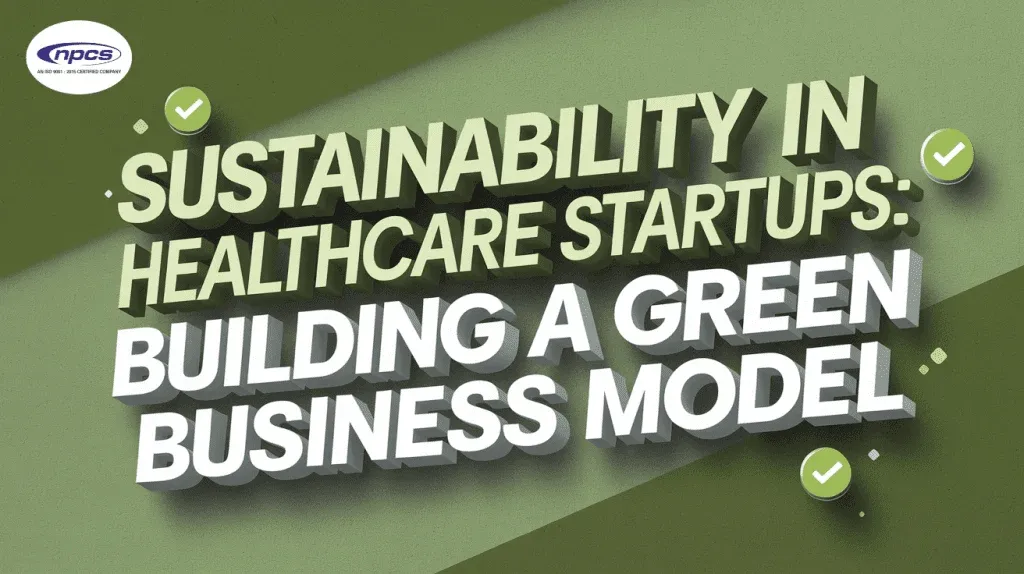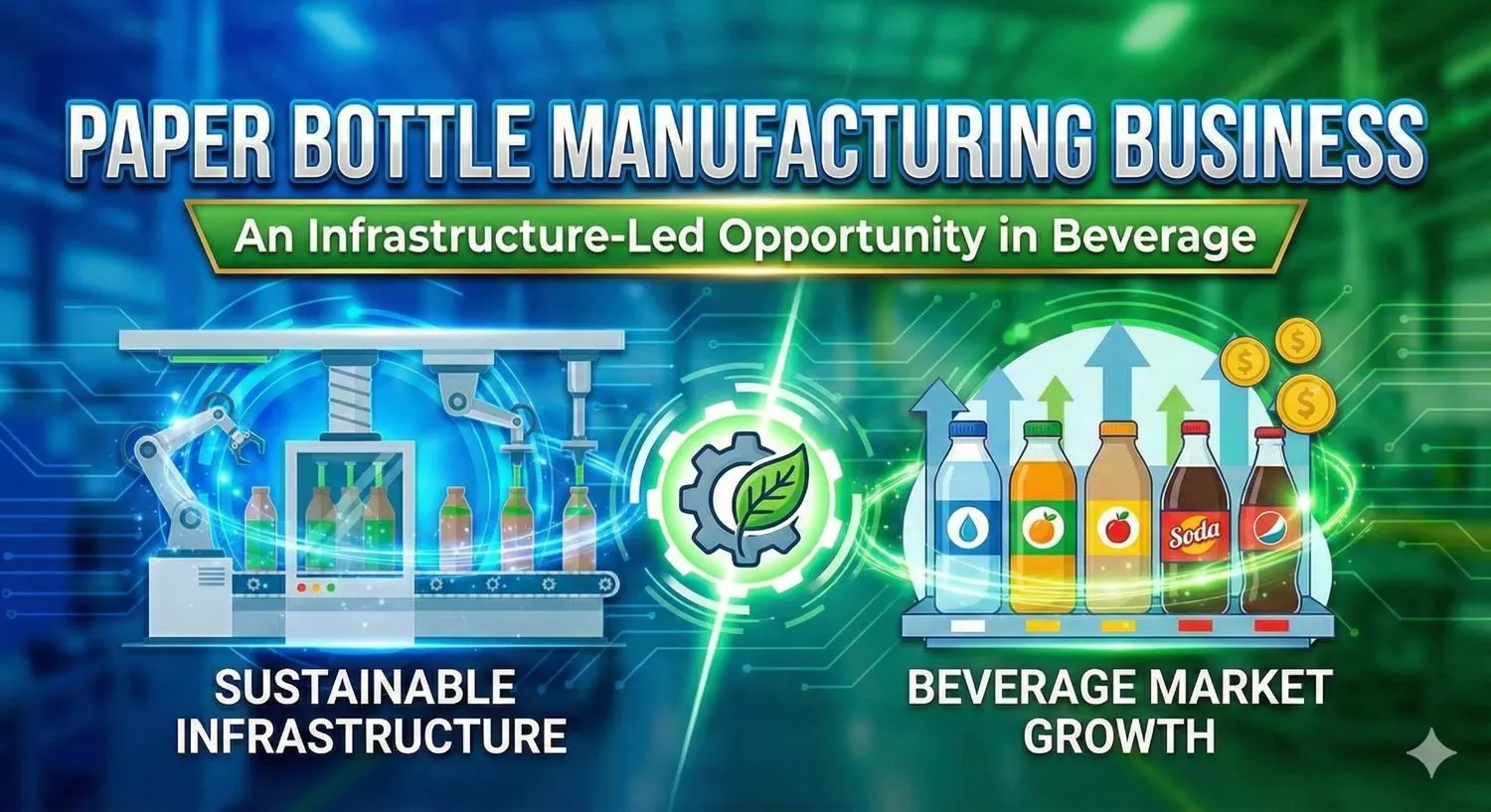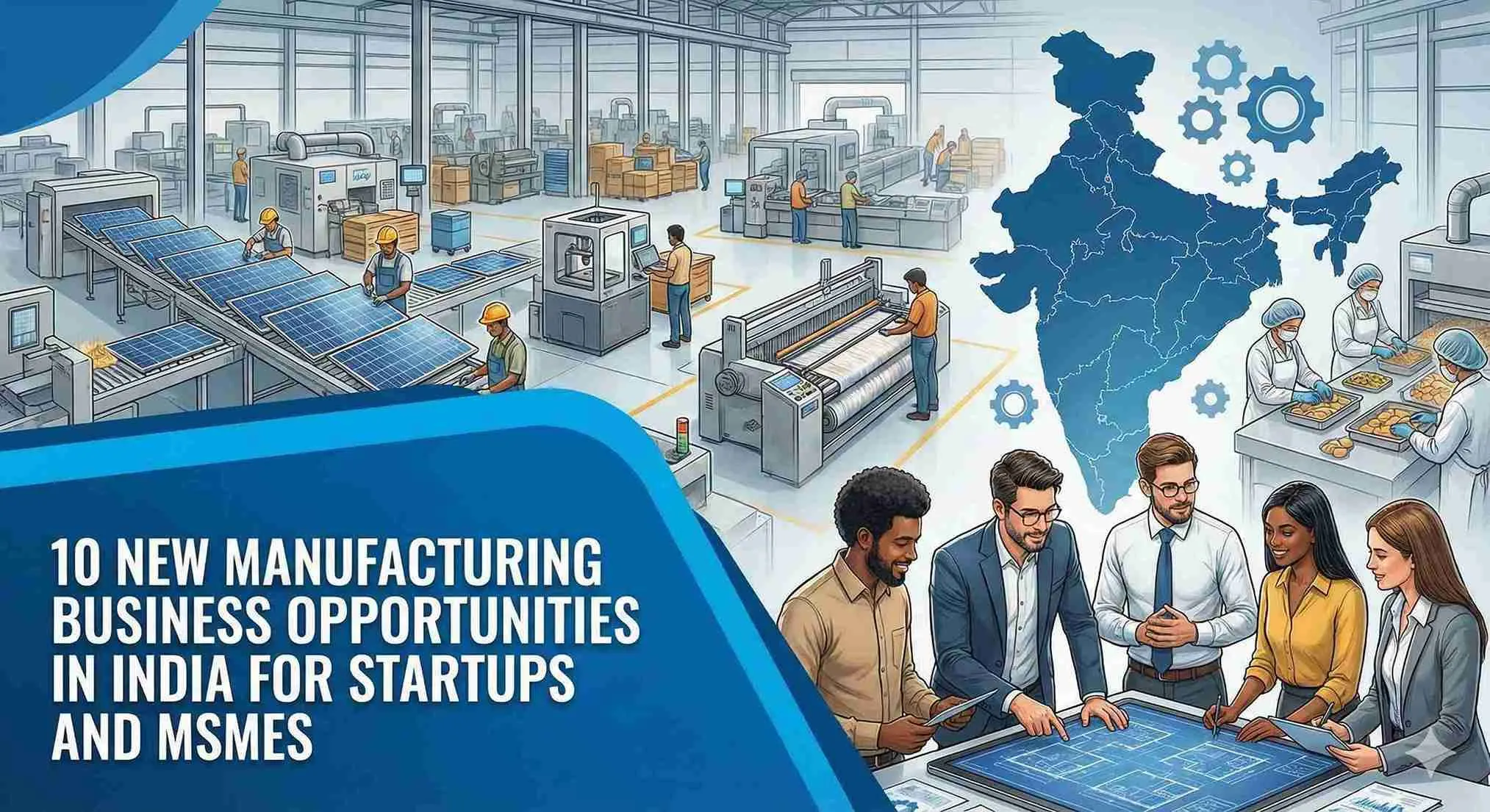There is an increasingly large push for sustainability in todays rapidly changing healthcare industry. With the world becoming more vigilant about environmental issues, healthcare startups are developing methods within their business model that incorporate green practices. As energy costs rise, waste management obstacles become more difficult to overcome and there is greater need for eco-friendly solutions, it has never been more important for healthcare businesses to embrace sustainability. In this article we will discuss how a healthcare startup could create a green business model; exploring key strategies, advantages and applications in real life.
Contents
- 0.1 The Importance of Sustainability in Healthcare Startups
- 0.1.1 1. Reducing Waste in Healthcare Startups:
- 0.1.2 2. Energy efficiency and renewable energy:
- 0.1.3 3. Sustainable Supply Chain Practices:
- 0.1.4 4. New eco-friendly product innovations
- 0.1.5 5. Green Practice Promoting Health and Wellness
- 0.1.6 6. Green certifications & Regulatory Compliance
- 0.1.7 Benefits of a Green Business Model for Healthcare Startups
- 0.1.8 Conclusion
- 1 Frequently Asked Question
The Importance of Sustainability in Healthcare Startups
Healthcare sustainability is no longer just a trend; it is becoming a necessity. Healthcare is a high generator of waste, including medical supplies, disposable equipment and plastic packaging. It has got a very large environmental impact, especially in large healthcare systems and shared healthcare startups. As growing consumer and investor focus on environmental conservation, pressure is mounting on businesses to cut their carbon footprint and adopt eco-friendly practices.
The innovators and the disruptors of healthcare, also known as healthcare startups, are well-placed to set the pace in the area of sustainability. Instead, by embracing the greening of their business practices from the onset, these startups can not only positively change their impact on the environment but also take the lead in a rapidly growing industry that the world is becoming much more environmentally conscious.
1. Reducing Waste in Healthcare Startups:
Management of medical waste is one of the biggest challenges facing healthcare startups. Needles, bandages, pharmaceuticals, syringes and other kinds of medical waste often wait to be buried in landfills or burned, sending pollution and greenhouse gases shooting into the air.
Startups can also lower waste created by partnering with medical equipment suppliers offering sustainable, reusable or biodegradable products. For instance, switching from using single use plastic items to use instead, of materials like glass vials or stainless steel equipment could slash the amount of waste generated. But that is not all, healthcare startups can also bring more eco-friendly packaging solutions on board like bio packaging boxes or even biodegradable wraps to mitigate the effect of shipping and distribution on the environment.
2. Energy efficiency and renewable energy:
A power hungry “hospital” is a stand alone as well as a continuous healthcare organization that really needs a lot of energy because of all its underlying operations-from equipment, lights, and HVAC systems. Startups in health care would like to go green on their business model and probably minimize energy use-could proudly flaunt their sunshine with energy efficiency technologies and renewable energy solutions.
For example, employing solid-state lighting; integrating a smart thermostat; and implementing energy-efficient medical devices translate not into dimming or without power but rather into a cost-effective-for, indeed, saving electricity. Aside from this, many new start-ups use renewable energy sources like solar and wind to run their businesses. With the ever-growing question of a reliance on fossil fuels, it can be very viable to install solar panels on a roof of healthcare facilities or office buildings. Saving fossil fuels would require a government-to-government approach and then try to bring these savings into the future.
In addition to that, energy efficient medical equipment suppliers also ship out devices that aim to cut down on energy consumption, and these energy efficient medical equipment suppliers can even be what healthcare startups need to cut their carbon footprint down even more. Up front, these investments may have costs, but they pay you back later through lower operating expenses.
Our Books
3. Sustainable Supply Chain Practices:
The supply chain is an area that provides tremendous opportunities for improvement for many healthcare startups, including sustainability. It is important that elements of the entire supply chain-from sourcing materials to disposal of medical waste-must be evaluated for its environmental impact. Collaborating with medical equipment suppliers that put sustainability on top of their list of priorities is a key Startup strategy.
Thus, empowering a young entrepreneur to source and utilize ethically manufactured equipment and supplies. For example, an entrepreneur can shop from suppliers using sustainable materials or producing as little packaging waste and fair labor practices. Thus, healthcare startups can even drive a green supply chain contributing to environmental and social responsibility by choosing a supplier that resonates with their sustainability perspective values.
4. New eco-friendly product innovations
Healthcare startups can also innovate eco-friendly healthcare products to integrate sustainability to their business model. It might be creating sustainable medical devices, or products that require less resources, or products that avoid single-use.
There are a countless example, such as in the medical sector, which startups can use to create low energy diagnostic equipment or eco-friendly versions of traditional tools, such as blood pressure cuffs, thermometers and stethoscopes. In addition, at present a lot of healthcare business ideas work on eco-friendly, biodegradable or less toxic medical products.
Our Projects
There is still much to be done in product innovation for the healthcare industry, and so healthcare startups are perfectly situated to start encouraging sustainable substitutes.
5. Green Practice Promoting Health and Wellness
Sustainability is not just about cutting down on waste, or using less energy, but rather about being healthy and wellness in both body and mind. Startups that are in the Healthcare can enhance their business model by offering products and services promoting healthier and more sustainable living.
For instance, telemedicine startups which reduce the need for travel also cut the carbon emissions involved with patient transportation. Just as wellness programs that emphasize holistic health, nutrition and well-being can help create a healthier, more sustainable population.
Furthermore, the idea of such healthcare entrepreneurial charities in fitness and healthy lifestyle should make the consumers adopt eco-friendly practices in their day-to-day lives. That is promoting plant based diets, sustainable food practices, and selling products to promote a sustainable, health conscious lifestyle.
6. Green certifications & Regulatory Compliance
More and more environmental regulations and certifications for sustainability are being moved into the health care arena. By the end of the year, such compliance should be taken into consideration when monitoring the performance of health start-ups: whether they pass local and international environmental standards for businesses. Green certifications such as ISO 14001, environmental management, or LEED for buildings can give you a better edge among the competition.
Incorporating sustainability into every aspect of the business not only ensures compliance, but also taps into a growing segment of eco-conscious consumers who have a basic unopened box in their office. Additionally, this allows healthcare startups to distinguish themselves as leaders in both health care and in sustainability.
Also Read:
Benefits of a Green Business Model for Healthcare Startups
There are many benefits of building a green business model for a health care startup. These include:
- Cost savings: Technology and industry practices aimed at being energy efficient can very often produce long term cost savings as a result of reduced utility bills or waste management spending.
- Enhanced reputation: Any green practices adopted by a startup helps in building a good reputation of the brand with eco-conscious customers, investors and regulators.
- Market differentiation: Healthcare startups that play to eco-friendly practices have a way of cutting through the crowd as consumers become ever more concerned with sustainability.
- Regulatory compliance: However, as environmental regulations become more stringent, early adoption of green practices ensures that startups avoid potentially expensive fines that will come with falling behind the curve.
Conclusion
It is imperative that today healthcare startups are neither given the option nor luxury of treating sustainability as an afterthought; rather, it’s as much critical to any aspect of modern business strategy. We have focused on waste reduction, energy efficient use, green product innovation and green practices in business model to create a business model with conscious consumers and investors, which would not just save the planet but also reduce the impact of
If you are in the midst of launching a healthcare startup or merely scouting out ideas for an eco-friendly healthcare business, surf on over to NIIR Project for comprehensive insights and a treasure trove of resources for building a green healthcare business.
Contact Us
Frequently Asked Question
What does sustainability mean for healthcare startups?
Sustainability in healthcare startups refers to reducing environmental impact through responsible sourcing, energy-efficient operations, waste reduction, and eco-friendly product or service design.
Why is sustainability important for healthcare startups today?
Sustainable practices help startups lower long-term costs, meet regulatory expectations, attract conscious investors, and build trust with patients and partners.
How can healthcare startups build a green business model?
Startups can adopt digital solutions, use sustainable materials, optimize supply chains, reduce medical waste, and focus on preventive and value-based care models.
Does sustainability impact profitability in healthcare startups?
Yes. While initial investments may be required, sustainable models often lead to cost savings, operational efficiency, brand differentiation, and better long-term financial performance.















